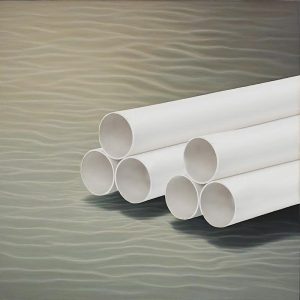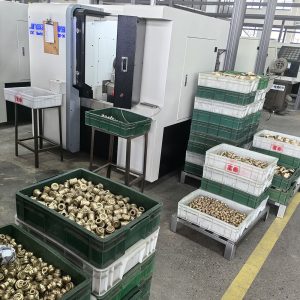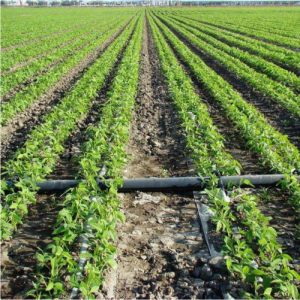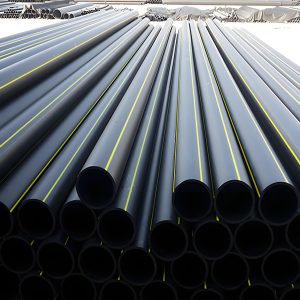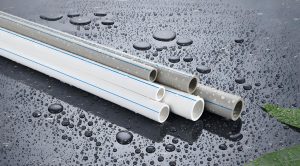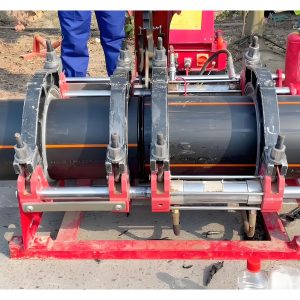LUOYANG DATANG ENERGY TECH CO.,LTD
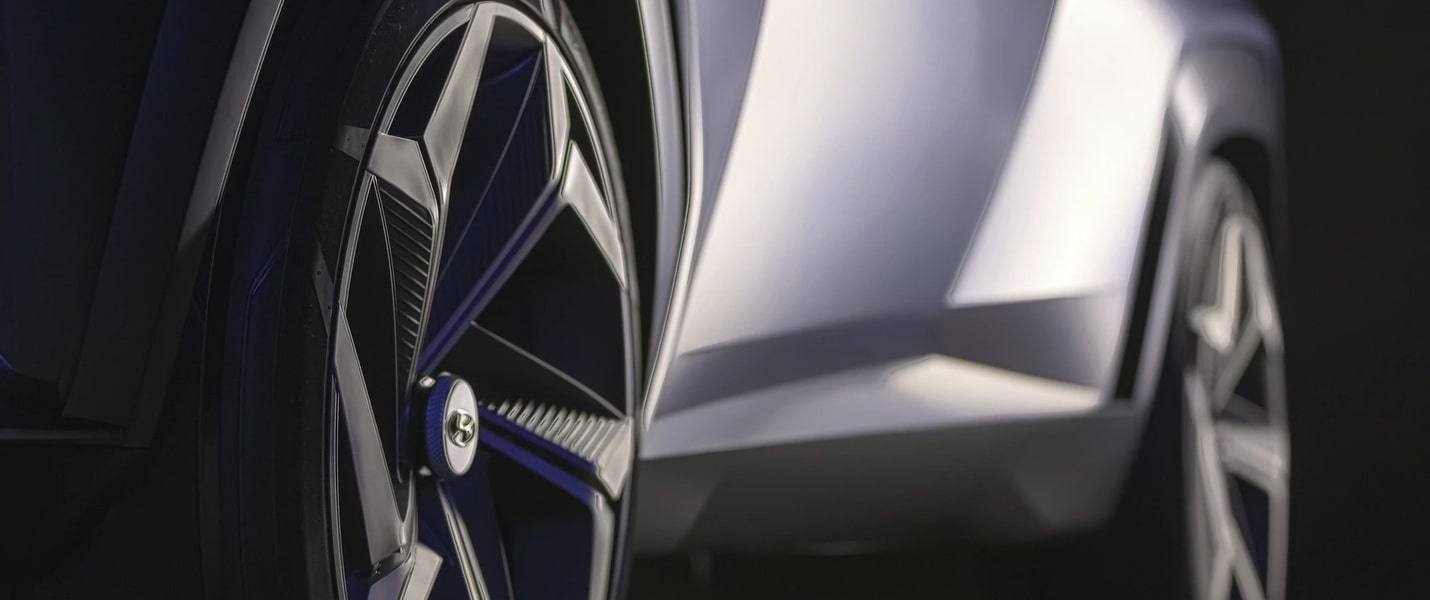
HDPE Pipes & PVC Pipes In Injection and Streamline System
In industries such as oil and gas, chemicals, and water supply, the selection of piping systems directly affects engineering efficiency and long-term operating costs. HDPE pipes (high-density polyethylene pipes) and PVC pipes (polyvinyl chloride pipes) play a crucial role in Injection Systems and Flowlines as key carriers, thanks to their unique performance advantages. This article will delve into the characteristics of both and provide selection guidelines for practical application scenarios to help you optimize your project design.
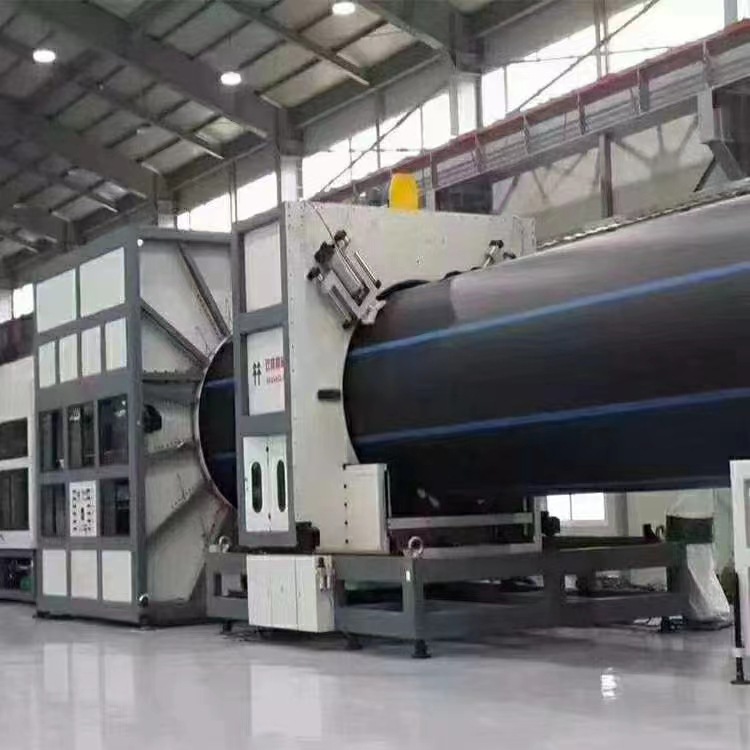
Performance advantages and typical application scenarios of HDPE pipes
1. Excellent chemical resistance
HDPE pipes have a dense molecular structure and can resist the erosion of strong acids, strong alkalis and a variety of organic solvents. In chemical injection systems, it is often used to transport corrosive media (such as acid and alkali solutions, chemical agents), with a service life of more than 50 years, significantly reducing maintenance costs due to corrosion leakage.
2. High flexibility and impact resistance
HDPE pipes have an elongation at break of over 350% and can adapt to deformation caused by geological subsidence or temperature changes in oilfield streamlined systems, especially suitable for complex terrain scenarios such as subsea pipelines and trenchless pipe jacking construction. For example, a DN400 HDPE pipe was used in an offshore oilfield project and successfully withstood the water flow impact under a typhoon of force 12.
3. Low friction coefficient and energy-saving performance
The inner wall smoothness of HDPE (roughness coefficient 0.009) is significantly better than that of metal pipes and can reduce pumping energy consumption by more than 30% in long-distance water transmission systems. A comparative test of a municipal water supply project shows that HDPE pipes consume 25% less electricity than traditional steel pipes at the same flow rate, saving over a million yuan in operating costs annually.
Typical application cases
– Water injection systems in oil and gas fields: High pressure resistance (PN16 grade) and anti-scaling properties extend the lifespan of water injection Wells
– Industrial wastewater reinjection pipeline: Resistant to hydrogen sulfide corrosion and prevents seepage contamination
– Geothermal energy transmission: Stability at -60 ° C to 60 ° C
Core characteristics and application areas of PVC pipes
1. Economic and lightweight advantages
PVC raw material costs about 20% less than HDPE and has a density of only 1.4g/cm³, making it easy to install in low-voltage streamline systems. For example, the use of Φ110mm PVC pipes in agricultural irrigation projects increases the efficiency of manual laying by 40% and is particularly suitable for small and medium-sized projects with limited budgets.
2. Excellent weather resistance and insulation performance
PVC pipes with added UV stabilizers can be used outdoors for long periods and are widely used in ventilation systems in chemical plants and as sheaths for power cables. The acid mist discharge pipe of a chemical plant uses SCH80 PVC and has been in continuous operation for 8 years without aging or cracking.
3. Scenarios requiring rigid structure support
The elastic modulus of PVC pipes (3000 MPa) is 10 times that of HDPE and performs better in exposed piping systems that require resistance to bending, such as laboratory drainage pipes, to maintain a straight shape without the need for additional supports.
Typical application cases
– Low-pressure injection system: transporting acid and alkali solutions with a concentration of ≤30%
– Cooling water circulation pipeline: Closed-loop circulation scenario with working temperature ≤45 ° C
– Mine drainage network: Lightweight design reduces transportation costs
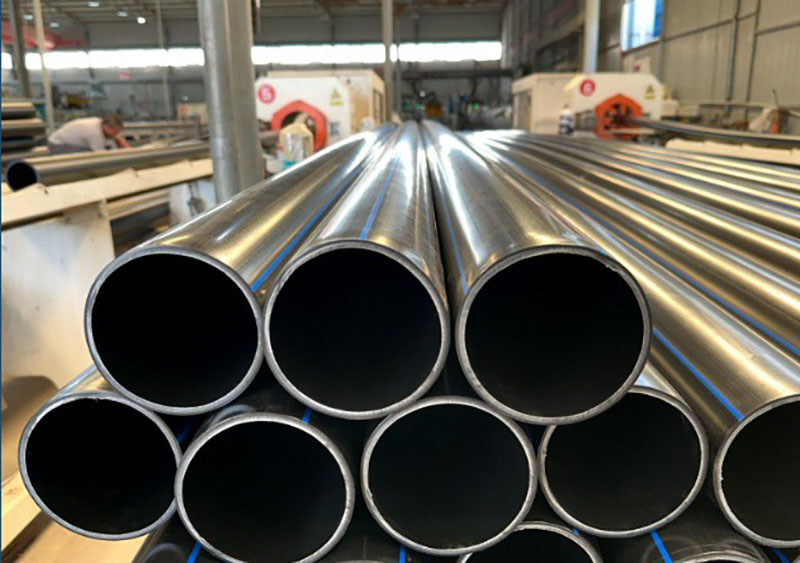
Comparison of key parameters of HDPE and PVC pipes and selection strategies
| Indicators | HDPE pipes | PVC pipes |
| Working pressure range | PN6-PN25 (Customizable higher) | PN6-PN16 |
| Heat resistance performance | -50℃ to 80℃ (short-term 100℃) | 0 ° C to 60 ° C (up to 70 ° C for UPVC) |
| Connection method | Hot-melt butt (zero leak) | Adhesive/flange connection |
| Ring stiffness (SN) | SN4-SN16 (can be buried 8 m deep) | SN2-SN8 (burial depth ≤4 m) |
| Environmental friendliness | Non-toxic and recyclable (Food grade certified) | Chlorinated additives need to be treated |
Selection decision tree
1. Medium characteristics: Transporting highly corrosive fluids → Preferred HDPE; Weak acidic or alkaline environment → Consider PVC for cost reduction
2. Pressure rating: Demand ≥PN16→HDPE; ≤PN10→ Comprehensive cost assessment
3. Installation environment: Geologically unstable/trenchless →HDPE flexibility; Fixed bracket exposed →PVC rigid
4. Life cycle: Design over 50 years →HDPE; Short-term projects of 10-20 years →PVC
Supplier
Luoyang Datang Energy Tech Co., Ltd. is a leading Chinese manufacturer specializing in high-quality plastic pipes and fittings. Equipped with state-of-the-art automated production lines and supported by a team of 200 professionals, we offer an extensive product line comprising over 150 types of plastic pipes and fittings designed for water supply and drainage systems, gas transmission, and floor heating systems. Our main products include PVC Pipes and Fittings, PE (HDPE) Pipes and Fittings, PPR Pipes and Fittings, and PEX Floor Heating Pipes.
Should you have any inquiries regarding PVC Pipe & PE Pipe in Agricultural Irrigation, please do not hesitate to contact us!
Tel.:0086-183 3790 0677
Wechat: 0086-183 3790 0677
Whatsapp: 0086-183 3790 0677
Email: sales@pipesandfittings.net

